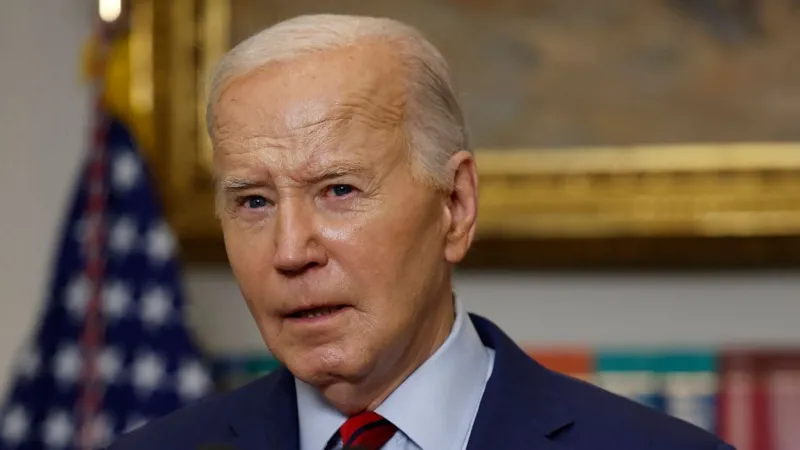(Forelines): US President Joe Biden expressed his condolences on the death of former Indian Prime Minister Manmohan Singh, highlihjting his contributions to strengthening US-India relations and global cooperation.
“Jill and I join the people of India in grieving the loss of former Indian Prime Minister Manmohan Singh,” President Joe Biden stated in a statement released by the White House.
“The unprecedented level of cooperation between the United States and India today would not have been possible without the Prime Minister’s strategic vision and political courage. From forging the US-India Civil Nuclear Agreement to helping launch the first Quad between Indo-Pacific partners, he charted pathbreaking progress that will continue to strengthen our nations–and the world–for generations to come. He was a true statesman. A dedicated public servant. And above all, he was a kind and humble person.”
Joe Biden further reflected his interactions with Manmohan Singh during significant moments in their professional lives. “I had the chance to meet Prime Minister Singh as Chairman of the Senate Foreign Relations Committee in 2008 and as Vice President during his Official State Visit to the United States in 2009. He also graciously hosted me in New Delhi in 2013.”
“As we discussed then, the US-India relationship is among the most consequential in the world. And together, as partners and friends, our nations can unlock a future of dignity and unlimited potential for all of our people,” Joe Biden added, according to the statement.
“During this difficult time, we recommit to this vision to which Prime Minister Singh dedicated his life,” Biden concluded. “And Jill and I send our deepest condolences to former First Lady Gursharan Kaur, their three children, and all the people of India.”
Dr. Manmohan Singh has passed away at the age of 92. Known for his quiet leadership and economic reforms, Singh served as Prime Minister of India from 2004 to 2014, overseeing a period of significant transformation for the country.
A respected economist, Singh played a key role in liberalizing India’s economy in the 1990s and strengthening its relations with the United States, notably through the landmark 2008 civil nuclear agreement. His tenure saw rapid economic growth and India’s rise as a global economic power.
Singh was also credited with navigating India through numerous international and domestic challenges with diplomacy and poise. His leadership cemented his legacy as a key architect of India’s modern economic and foreign policies.

